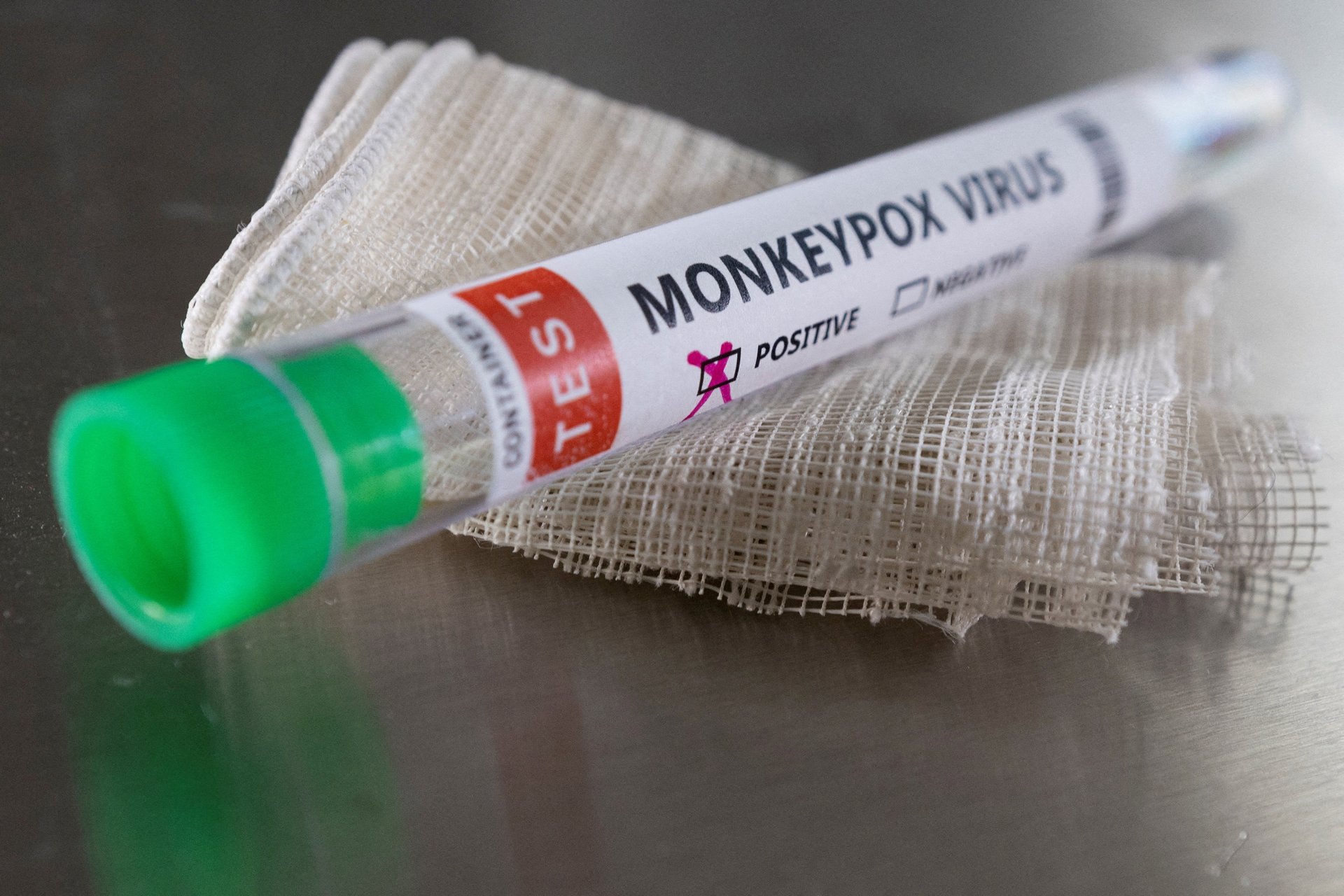Is monkeypox likely to become a pandemic?
Two weeks after the first cases of monkeypox were detected outside Africa, more than 350 confirmed and suspected cases have been recorded in 23 countries. The alarm is rising: The UK has urged citizens to abstain from sex while symptomatic. The US Centers for Disease Control and Prevention (CDC) has published a travel alert listing the countries currently recording monkeypox cases, and recommending enhanced precautions to avoid contagion.


Two weeks after the first cases of monkeypox were detected outside Africa, more than 350 confirmed and suspected cases have been recorded in 23 countries. The alarm is rising: The UK has urged citizens to abstain from sex while symptomatic. The US Centers for Disease Control and Prevention (CDC) has published a travel alert listing the countries currently recording monkeypox cases, and recommending enhanced precautions to avoid contagion.
Yesterday, the World Health Organization (WHO) addressed the threat of monkeypox to global health, which it considers “moderate.” But while this understandably can feel like déjà vu, the WHO says it is unlikely these outbreaks will amount to another pandemic.
What we know about monkeypox so far
Monkeypox is an infectious disease of the orthopoxvirus virus family that was first detected in 1970 in west Africa, and has since become endemic in the region. Its symptoms include high fever, headache, muscle aches, and skin lesions that eventually fall off. It is transmitted through skin contact and bodily fluid and typically lasts between two to four weeks. It can be fatal, though only in about 1% to 3% of cases. Sex is a common means of transmission, and so far most cases have been detected among men who have sex with men.
Monkeypox shares significant similarities with the smallpox virus, so while no dedicated vaccines and treatments have been developed for monkeypox, the ones approved for smallpox have a good degree of effectiveness.
In the past few decades, there have been hundreds of cases of monkeypox every year in Central and west Africa. Yet the virus’s threat went overlooked until several outbreaks began emerging in various western countries this May. In its latest update, the WHO called the risk to the general public low, but warned that “the public health risk could become high if this virus exploits the opportunity to establish itself as a human pathogen and spreads to groups at higher risk of severe disease such as young children and immunosuppressed persons.”
Monkeypox is not likely to be a pandemic
The WHO is considering designating monkeypox as a “potential public health emergency of international concern.” While it sounds ominous, this is primarily a way to ensure accurate monitoring and research for an infectious disease that is spreading outside its traditional area of endemicity. It doesn’t mean the world should be on high alert because of it.
“At the moment, we are not concerned about a global pandemic,” said Rosamund Lewis, who leads the emergency WHO team working on monkeypox, said in a Q&A addressing the current monkeypox situation.
While it is very unusual to see this disease appear in so many countries in such a short span of time, the characteristics of monkeypox are such that the likelihood of it turning into a pandemic remains low. This is primarily because the mode of transmission is close contact, so there isn’t much risk of it spreading rapidly through the general population like an airborne disease such as covid, Lewis explained.
However, it is important to raise awareness of the appearance of monkeypox, because it is necessary for people to recognize it in order to prevent the virus from traveling from the infected individual onto family, close relations, and eventually broader circles.
“It’s still possible to stop this outbreak before it gets larger,” said Lewis.